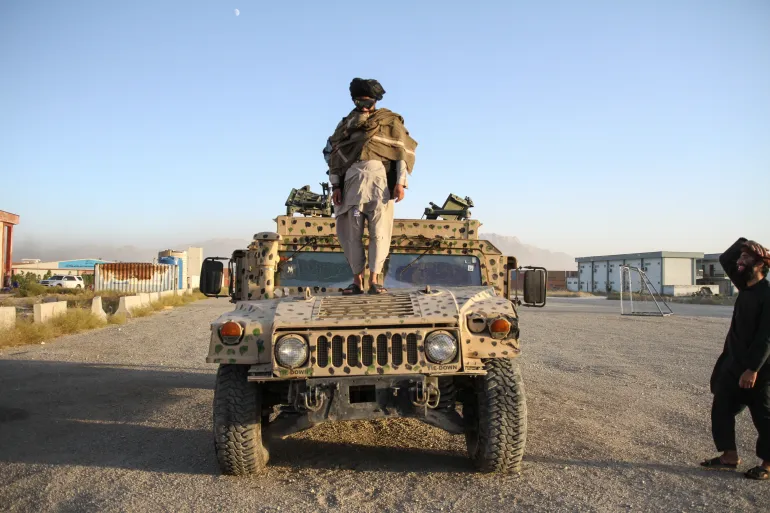Afghanistan Rejects Trump’s Call for US Return to Bagram Airbase

Kabul, Afghanistan – September 19, 2025 — Afghanistan’s Taliban-led government has firmly rejected former U.S. President Donald Trump’s renewed call for American forces to return and reclaim the Bagram airbase, a former U.S. military hub north of Kabul.
A senior Afghan foreign ministry official stated on Friday that while Kabul is open to dialogue with Washington, any form of renewed U.S. military presence in the country is “non-negotiable.”
“Afghanistan and the United States need to engage… without the United States maintaining any military presence in any part of Afghanistan,” said foreign ministry official Zakir Jalal in a social media post. He added that future relations must be based on “mutual respect and shared interests.”
Trump, speaking Thursday, reiterated his belief that Bagram holds significant strategic value due to its proximity to China. “We’re trying to get it back,” he said, criticizing the 2021 withdrawal that led to the airbase falling under Taliban control. “We gave it to them for nothing,” Trump said, claiming Bagram is “exactly one hour away from where China makes its nuclear missiles.”
The comments come as reports indicate Trump’s team has reinitiated dialogue with Taliban officials. Over the weekend, U.S. envoys Adam Boehler and Zalmay Khalilzad met with Afghan Foreign Minister Amir Khan Muttaqi in Kabul, reportedly discussing detained American citizens and possible areas of cooperation.
While the U.S. has not formally recognized the Taliban government since it regained control in 2021, recent diplomatic engagement suggests a possible shift in tone. Still, any effort to reestablish a military foothold appears firmly off the table for Kabul.
Bagram, once the largest U.S. base in Afghanistan, was the center of American operations during the two-decade war and also housed a controversial detention facility. The site was abandoned in July 2021 as part of the U.S. military withdrawal.
Trump has long argued that the U.S. should have retained Bagram, not for Afghan security, but due to its regional strategic value — particularly in regard to China and access to Afghanistan’s untapped mineral wealth.



